Scott Morrison to reject pledge on methane emissions cut
Australia will refuse a US and European-backed pledge for a 30 per cent cut in methane emissions by the end of the decade.
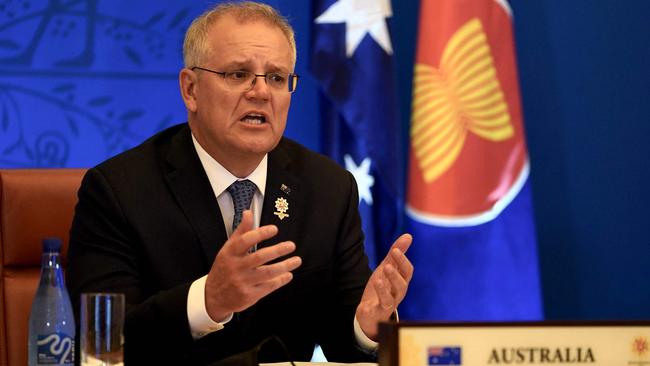
Australia will refuse a US and European-backed pledge for a 30 per cent cut in methane emissions by the end of the decade at next week’s Glasgow summit, fearing it would lead to the culling of herds and force shutdowns in parts of the agriculture, coal and gas industries.
The US push for a Global Methane Pledge to be made binding at the COP26 climate change meeting seeks a 30 per cent global reduction in methane emissions on 2020 levels by 2030, with countries expected to meet the same individual commitment.
However, The Australian can confirm that the Morrison government will not sign the pledge due to the potential impact on the agriculture sector, chiefly the beef industry, as well as coalmining and LNG production.
The move to reject a pledge which would leave Australia exposed due to an economy heavily dependent on the agriculture and resources sectors is believed to have been a key commitment made by Scott Morrison to the Nationals as part of the junior Coalition partner’s signing up to the government’s 2050 net-zero emissions reduction target.
The Prime Minister will fly to Rome on Thursday for the G20 summit and sideline meetings before travelling to Glasgow on Sunday ahead of a two-day leaders’ summit where Mr Morrison will deliver Australia’s climate change update headlined by the net-zero 2050 plan.
“We won’t sign our country up to policies that undermine the prosperity of our regions or make life harder for everyday Australians,” Emissions Reductions Minister Angus Taylor told The Australian.
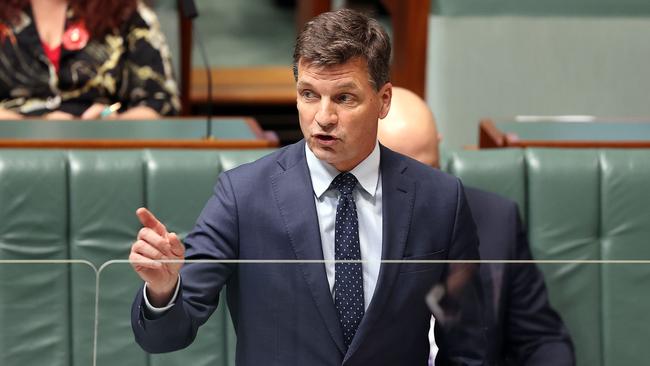
“Calls by some to reduce methane emissions by 30 per cent by 2030 will do just that.”
Writing in The Australian today, Mr Taylor, who will also attend the Glasgow summit, said almost half of Australia’s annual methane emissions came from the agriculture sector, “where no affordable, practical and large-scale way exists to reduce it other than by culling herd sizes”.
“What activists in Australia and elsewhere want is an end to the beef industry. Extremist views like these are rife throughout the modern Labor Party, having been infiltrated by the Greens over a long period of time.
“Equally, calls to reduce methane emissions from the gas sector – a critical fuel source that complements the increasing share of renewables in our electricity grid – by shutting down production and generation is an invitation for the type of chaos we are seeing in Europe at the moment.
“We have reduced, and will continue to reduce, Australia’s methane emissions in a way that protects our economy, jobs and our way of life.”
British Prime Minister Boris Johnson this week conceded it would be “very tough” to achieve global agreements on climate change ambition at the Glasgow conference. “I am very worried because it might go wrong and we might not get the agreements that we need and it is touch and go. It is very, very difficult, but I think it can be done,” he said.
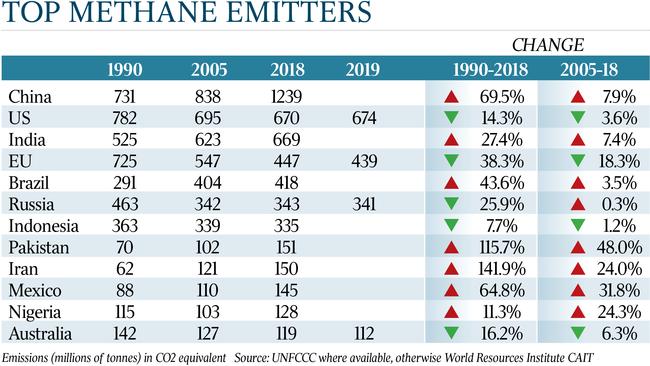
The pushback against the methane target comes after Mr Taylor last week told The Australian the government would also reject a UK-led push to phase out all coal-fired power generation by 2030, and that Australia would not sign up to targets or agreements that negatively impact Australian miners, farmers and manufacturers.
The Australian understands the Morrison government was approached to sign-up to the Global Methane Pledge in early September. Despite growing resistance in Britain to sign-up to the global methane emissions commitment at COP26, given the impact on its agriculture sector, Mr Johnson has indicated his government would join US President Joe Biden’s pledge.
For Australia to achieve the 2030 methane emissions reduction target, it would need to shut down parts of the country’s agriculture, coal and gas industries. About 50 per cent of Australia’s methane emissions come from the agriculture sector, predominantly the cattle industry, with 29 per cent from fossil fuels linked to coalmining and LNG production.
The government claims that any overreach on methane emissions would also negatively impact beef, coal and gas exports and the development of low-emissions technologies, including carbon capture and storage and livestock feed supplements.
While methane emissions have a significant impact on climate change, it has a shorter atmospheric life than carbon dioxide, with a half-life of 10 years compared with 120 years.
Methane is 28 times more potent than carbon dioxide when measured over a 100-year period.
Between 2005 and 2018, Australia slashed methane emissions faster than the world’s top 20 emitters except for the EU.
Australia’s methane emissions fell by 7 per cent, compared with a 4 per cent fall in the US. Methane emissions in China increased by 48 per cent in the same period.
Despite the rapid growth of Australia’s LNG industry, the government’s Emissions Reduction Fund offset scheme has helped drive down the nation’s methane emissions. With the national herd expected to increase following the drought, methane emissions are projected to rise by about 3 per cent by 2030.
Senior Nationals sources told The Australian that Mr Morrison and Mr Taylor had provided assurances to Nationals leader Barnaby Joyce during negotiations over the long-term emissions reduction strategy that the government would not pursue a dedicated methane target in line with other countries.
Nationals MPs had expressed concern about the effect of a global methane emissions reduction target on the natural gas and livestock industries, particularly ruminant livestock such as cattle and sheep.
“They gave us an assurance they would not go down this path. We have to take them at their word but it’s a worry,” a Nationals source said.
Chinese President Xi Jinping and Russian President Vladimir Putin will not attend the COP26 summit, and nor will the leaders of India and Indonesia.

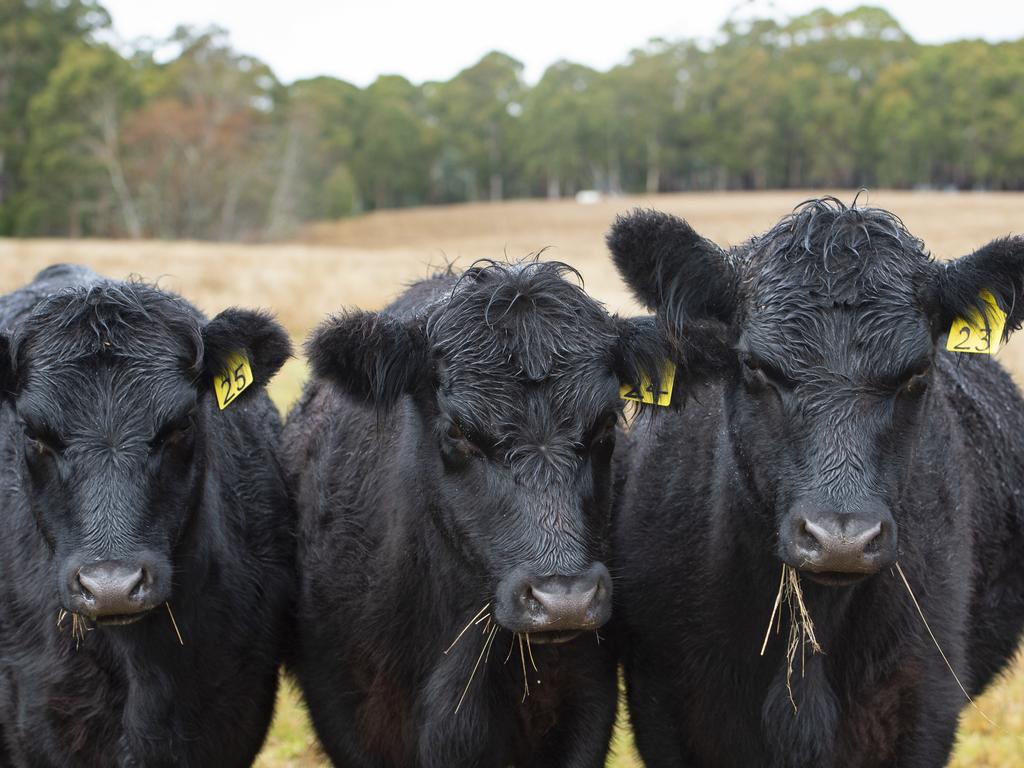
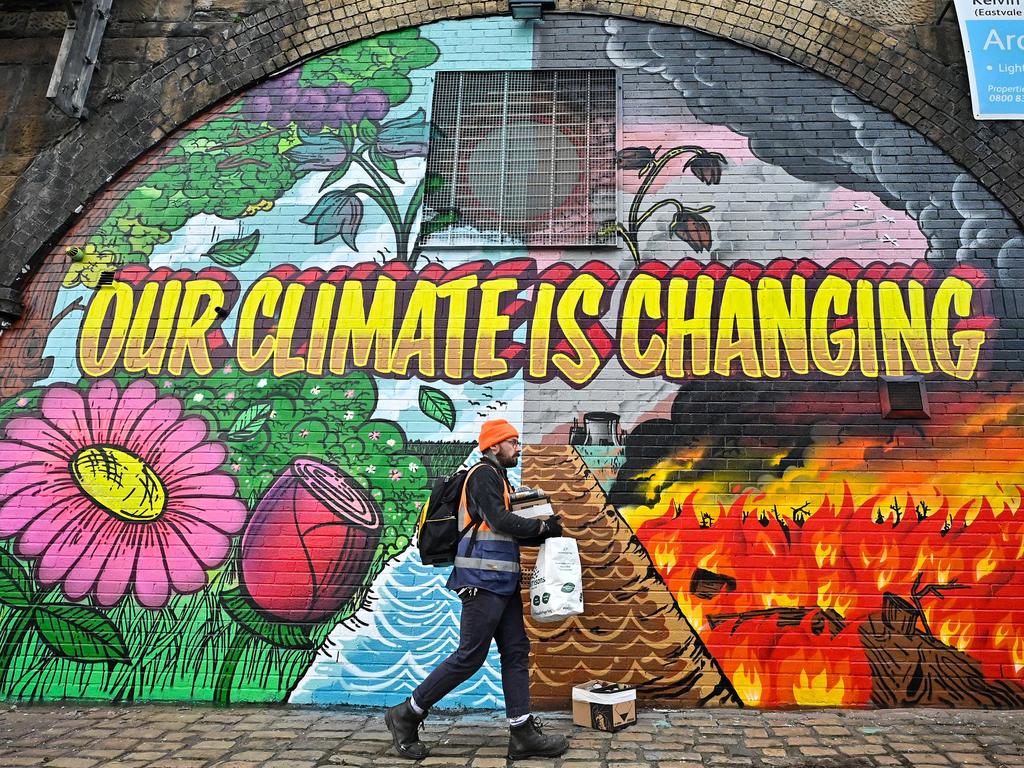
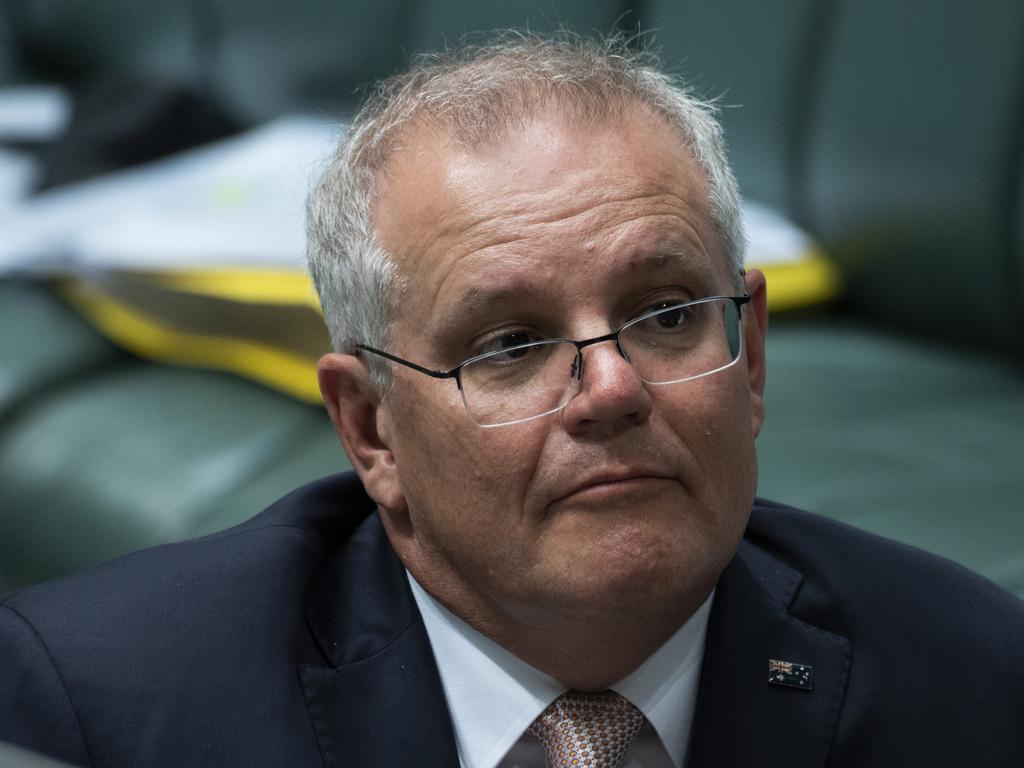



To join the conversation, please log in. Don't have an account? Register
Join the conversation, you are commenting as Logout